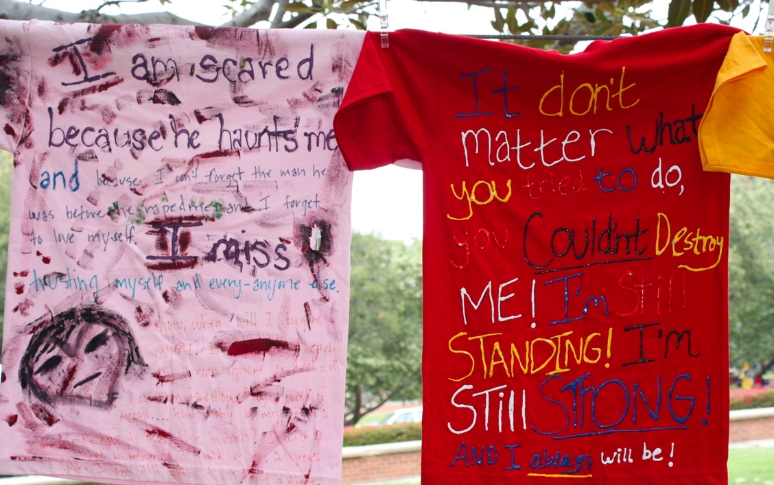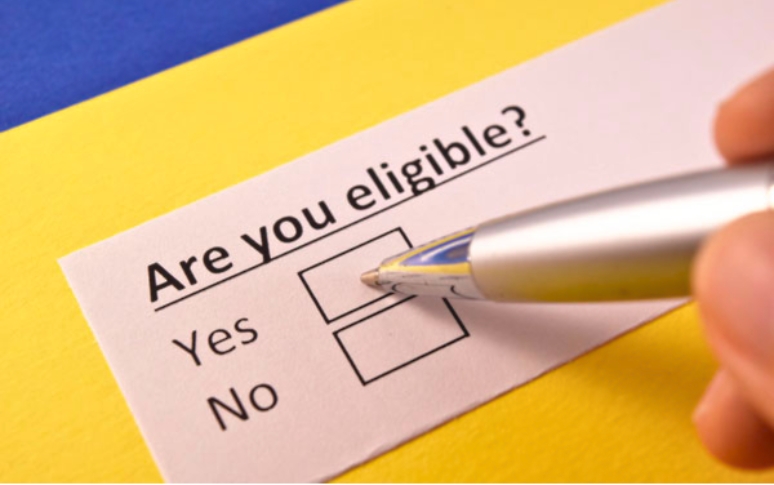1. Where can I find legal aid?
There are several ways to find legal aid in the US, depending on your income, location, and legal issue.
You can contact the Legal Services Corporation, a federally funded organization that provides civil legal aid to low-income people. LSC has a network of legal aid programs across the country that can help you with issues such as housing, family, consumer, health, education, and employment. You can find a legal aid program near you by visiting their website or calling 1-800-532-1275.
If you are among the group with low incomes who cannot afford a lawyer, you can use the American Bar Association's free legal answers service, which is an online platform that allows you to ask a legal question and get an answer from a volunteer lawyer.
Some law schools also offer free legal services to the public. Law students, supervised by faculty or lawyers, can provide legal advice, representation, or education to low-income or disadvantaged clients.

2. What legal aid projects are available?
Legal aid projects may vary from state to state, depending on different legal aid offices. While many legal aid offices only help people with very low incomes, some offices have more flexible income rules. Many legal aid offices also offer self-help resources that can help you get started. Below are some popular legal aid projects that are being carried out by most states:
- Disaster Relief Project.
- Domestic Violence and Sexual Assault Project.
- Economic Justice Initiative Project.
- Right to Education Project.
- Medical-Legal Partnership Project.
Every state has one or more organizations that provide free legal services for low-income individuals and families. For further details, you can check each state's official website for detailed information.

3. Disaster Relief Project
The Disaster Relief Project is a program that provides legal assistance and advocacy to disaster survivors who face legal issues related to their recovery. The Disaster Relief Project's services include:
- Informing survivors of natural disasters about their rights.
- Assisting clients in applying for and appealing decisions regarding recovery fund assistance.
- Advocating for disaster survivors who have been deceived by fraudulent contractors or unethical landlords.
- Connecting clients with community resources.
- Providing clarification on title and property ownership, including offering wills and advanced directives for those affected by natural disasters.
- Supporting local long-term disaster recovery organizations by assisting with bylaws, document templates, and incorporation as nonprofit organizations.
- Organizing educational sessions and legal clinics focused on disaster recovery.

4. Domestic Violence and Sexual Assault Project
The Domestic Violence and Sexual Assault Project (DVSA) is a statewide initiative that provides legal assistance to victims of domestic violence. DVSA advocates work closely with community-based programs, agencies, and task forces to support domestic violence victims. They prioritize victim safety and help survivors become self-sufficient and independent from their abusers.
Funding for DVSA's work comes from various sources, including a Victims of Crime Act (VOCA) grant and support from the State. This funding enables them to offer emergency services, such as obtaining and enforcing protection orders, as well as comprehensive legal support. In addition to their domestic violence services, the DVSA operates Immigration Pathways for Victims, a program that provides culturally appropriate legal assistance to immigrant survivors of violence who require help with immigration matters.

5. Economic Justice Initiative Project
The Economic Justice Initiative (EJI) is a statewide project dedicated to protecting the homes and home equity of the working poor and working families. Through offering top-notch legal representation in foreclosure cases, the EJI aims to prevent home loss, maintain credit ratings, and discourage unethical practices by brokers and lenders. They also conduct community education programs to raise awareness about best practices in home finance and the risks associated with predatory lending.
The EJI also collaborates with six other legal services organizations to form the Home Defense Project (HDP). The HDP works tirelessly to save homes and reduce foreclosures by assisting borrowers in obtaining loan modifications and providing high-quality defense against foreclosure actions across every county in the state.

6. Right to Education Project
The Right to Education Project (REP) is an education justice project that operates across multiple states. Its primary goal is to advocate for students in the public education system, ensuring that they have access to quality education as their fundamental right. By focusing on education equity and social justice, the REP works to eliminate barriers that hinder students' educational opportunities and perpetuate systemic inequalities. This includes advocating for fair funding, equitable resources, inclusive policies, and supportive learning environments.
The project aims to create a more just and inclusive education system that empowers all students to thrive and reach their full potential. It covers students in charter schools who are experiencing the following forms of school pushout:
- Enrollment and access.
- Suspension, expulsion, and alternative school placements.
- Special education and disability-related needs.
- Discrimination and harassment.
Enrollment and access: Students are denied educational access, which includes situations where they are not allowed to enroll or are not given timely and appropriate access to a quality education. This can happen when the school environment hinders a student's ability to learn.
Suspension, expulsion, and alternative school placements: Students are pushed out of school through exclusionary discipline practices. This includes situations where students are unlawfully or excessively suspended or expelled, or placed in alternative schools or programs as a form of punishment.
Special education and disability-related needs: Students are indirectly pushed out of school due to the school's failure to address their disability-related needs. This can involve situations where students with disabilities are not provided with necessary services, or are excluded from the school environment or from interacting with their non-disabled peers.
Discrimination and harassment: Students are indirectly pushed out of school due to a hostile environment created or not addressed by the school. This includes situations where the school fails to take action against discrimination and harassment, leading to a hostile environment for students.

7. Medical-Legal Partnership Project
The Medical-Legal Partnership (MLP) project is a collaborative effort involving healthcare professionals, attorneys, and paralegals to tackle social and environmental factors that contribute to poor health and can be addressed through legal means. These factors include substandard housing conditions, domestic violence, food and housing insecurity, unjust denials of Medicaid and disability benefits, and inadequate provision of special educational services for children.
The MLP project is dedicated to expanding its reach across the state, aiming to provide comprehensive support and legal remedies to individuals and communities affected by these issues. By bringing together professionals from both the medical and legal fields, the MLP project seeks to address the underlying causes of poor health and improve the well-being of individuals and families throughout the state.

8. Am I qualified for legal aid?
Determining your eligibility for legal aid depends on various factors, including your income level, the nature of your legal issue, and the specific criteria set by the legal aid office in your state. While eligibility requirements may vary, there are general guidelines that can help you assess whether you qualify for legal aid assistance.
- Income eligibility.
- Legal issue.
- Citizenship or residency status.
- Application process.
Income eligibility: Many legal aid offices prioritize assistance to individuals with low incomes. They typically consider factors such as your household size, income sources, and monthly expenses. Income limits vary by state, so it's essential to check the specific guidelines set by your local legal aid office.
Legal issue: Legal aid projects often focus on specific areas of law, such as family law, housing, employment, or immigration. To qualify for legal aid, your legal issue should fall within the scope of the projects offered by the legal aid office. Each project may have its own eligibility criteria, so it's important to review the services provided to ensure they align with your needs.
Citizenship or residency status: Some legal aid projects may have specific requirements regarding citizenship or residency status. While some projects are available to U.S. citizens and eligible non-citizens, others may provide assistance to individuals regardless of their immigration status. Understanding the requirements related to your status is crucial in determining your eligibility for legal aid.
Application process: To determine if you qualify for legal aid, you will need to complete an application provided by the legal aid office. The application will typically require information about your income, assets, legal issue, and other relevant details. It's important to provide accurate and complete information to ensure a fair assessment of your eligibility.
If you're unsure about your eligibility or have questions about the application process, it's recommended to contact your local legal aid office directly. They can provide you with the most accurate and up-to-date information regarding your specific situation. Remember, legal aid is designed to help individuals who may not have the financial means to access legal services, so it's worth exploring the available options to determine if you qualify for assistance.
In conclusion, Legal aid projects cover various areas and aim to ensure equal access to justice for all individuals. Income eligibility, the alignment of your legal issue with available projects, and any citizenship or residency requirements are all important considerations for your application. Contacting the legal aid office directly for accurate and up-to-date information is recommended. Hopefully, legal aid options can be valuable for those who cannot afford legal representation.

Was this page helpful? Give us a thumbs up!












